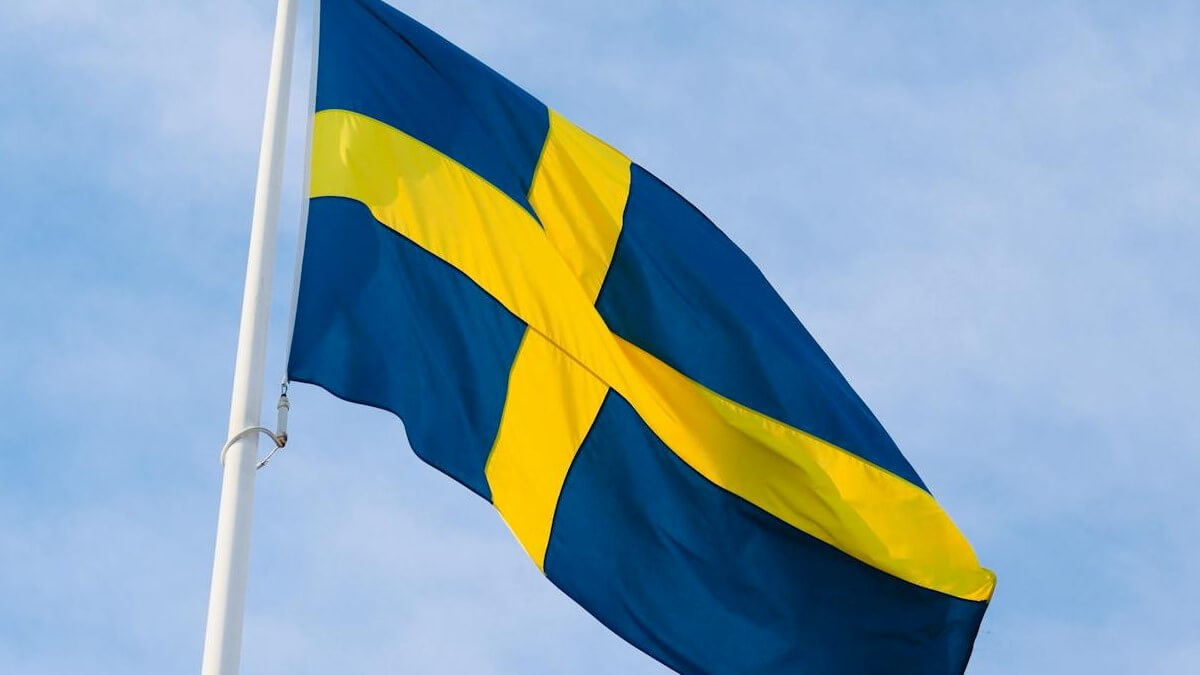- cross-posted to:
- worldnews@lemmit.online
- cross-posted to:
- worldnews@lemmit.online
KEY TAKEAWAYS
- Swedish Minister wants to deport migrants who do not hold Swedish citizenship if they show support to terrorist groups.
- The spokesperson for migration policy in Sweden wants the law to be even more stringent - to include anyone who shows such acts of support.
- Tourists, citizens, and residence permit holders can all be affected by such changes.



deleted by creator
Not OP but I like poking around statistics, and dislike when people misrepresent data.
Here is 20 years of data for sex crimes from BRÅ in all of its glory (for our non-swedish speaking friends who might have a hard time figuring out what’s what on a Swedish website). For context, “Våldtäkt” means rape, which is the second row with numbers in our table. This is the one we’ll be looking at.
This isn’t quite right.
As we can see in the above table, the number of reported rapes has increased by some 38.7% since 2014 and 38.4% since 2016 (contrary to your claims). We can also see that the trend of increasing sexual crimes in Sweden has been ongoing since before the change in definitions, which indicates that this likely isn’t the primary cause of the increase, and furthermore that this trend persisted through to 2022.
For those of y’all who lived in countries with lockdowns, and are surprised by an increase through the pandemic, we didn’t have lockdowns here in Sweden. As a matter of fact, there were quite a few young people who came here visiting from other Schengen countries specifically to escape lockdown.
When looking at the larger picture, we can see that there’s a longer trend of increasing sex crimes, going on for many years. Comparing to the year 2003, the per-capita adjusted increase of reported sex crimes is 103.6% and of reported rapes 208%.
Here’s also a study on demographics of perpetrators of rape in Sweden. The most shocking piece of data in it is clearly that 0.3% of those convicted aren’t men, the real champions of gender equality…
https://doi.org/10.1080/20961790.2020.1868681